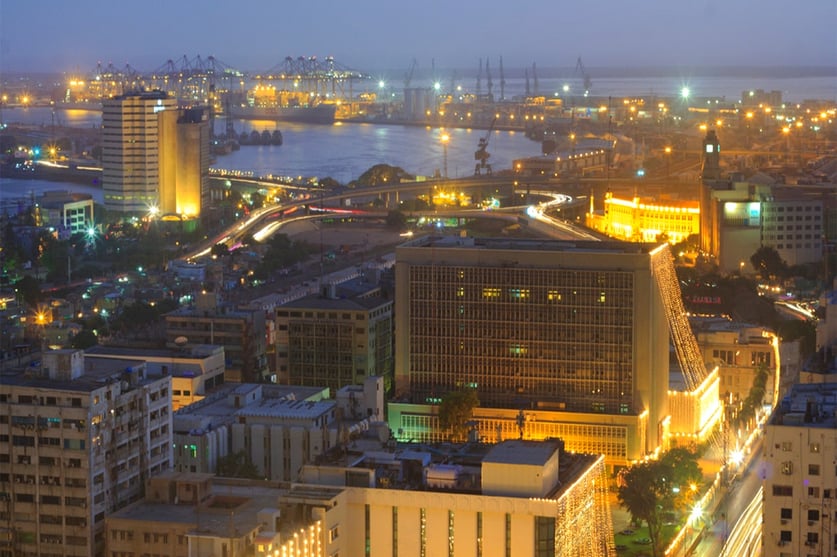Green Practices Initiatives in Karachi
This article is to know what the Green Practices Initiatives in Karachi are needed to make a green & clean city of the world. In this articles the future challenges and their Prospects on renewable energy adoption Urban Forestry and Green Spaces, Waste Management and Recycling, Sustainable Transportation have been discussed.
Abdul Kabir
5/16/20244 min read
Karachi, Pakistan's extensive metropolis and economic powerhouse, is often associated with its frenetic pace and urban challenges. However, in recent years, a quiet revolution has been taking place as the city increasingly embraces sustainability initiatives. These efforts are aimed at transforming Karachi into a greener, more sustainable urban environment. This article delves into the key green practices that are reshaping the city.
Urban Forestry and Green Spaces
One of the most visible sustainability initiatives in Karachi is the expansion of urban forestry and green spaces. The "Miyawaki Forest" technique, pioneered by Japanese botanist Akira Miyawaki, has been implemented to create dense, native forests in urban areas. The Clifton Urban Forest is a prime example, where over 45,000 trees have been planted. These forests not only improve air quality but also provide much-needed recreational spaces for residents.
The Sindh Forest Department, in collaboration with local NGOs, has launched several tree-planting drives across the city. These initiatives aim to counteract deforestation and urban heat island effects, contributing to a more pleasant and livable environment
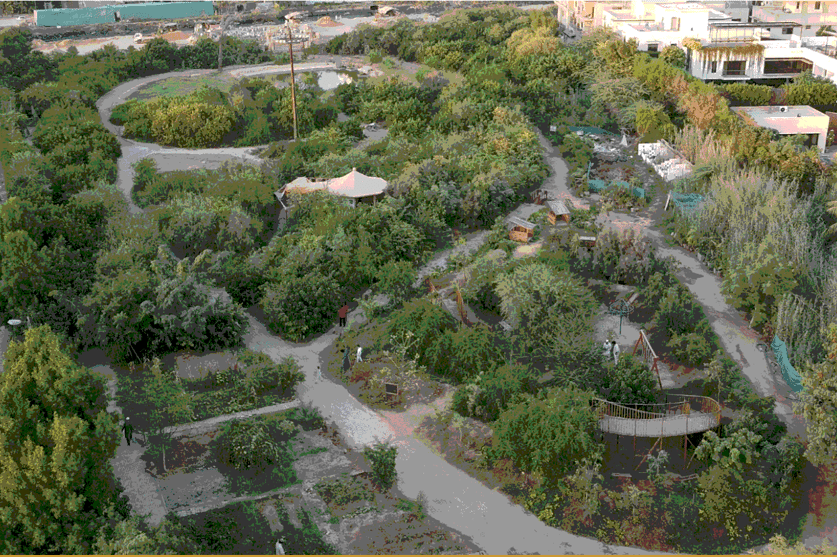

https://una.city/nbs/karachi/clifton-urban-forest
Renewable Energy Adoption
Karachi is also making strides in renewable energy adoption. The city has seen a significant increase in the installation of solar panels on residential and commercial buildings. Programs such as the "Net Metering Policy" by the National Electric Power Regulatory Authority (NEPRA) have incentivized homeowners and businesses to invest in solar energy. This policy allows surplus energy generated from solar panels to be sold back to the grid, making renewable energy adoption economically viable.
Furthermore, the Karachi Port Trust has initiated the use of solar energy for its operations, setting a precedent for other large-scale institutions in the city. These steps not only reduce dependence on fossil fuels but also help in curbing greenhouse gas emissions.
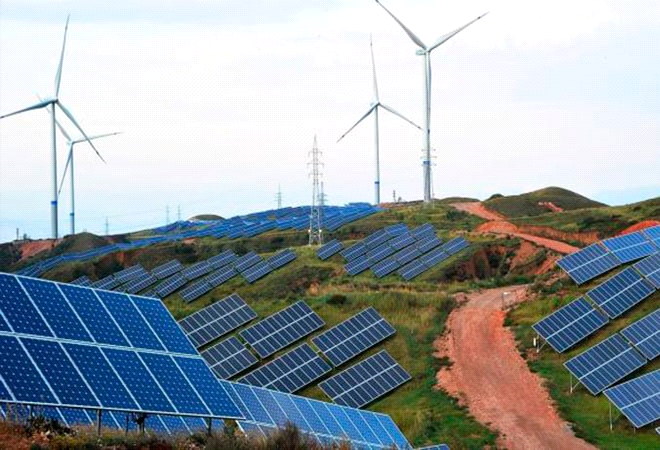

Sustainable Transportation
Transportation is a major contributor to Karachi's pollution levels. To combat this, the city is investing in sustainable transportation options. The Karachi Breeze, a Bus Rapid Transit (BRT) system, is set to revolutionize public transportation by providing an efficient, eco-friendly alternative to private vehicles. The BRT aims to reduce traffic congestion and lower carbon emissions, aligning with global sustainability goals.
Additionally, there is a growing trend towards the use of electric vehicles (EVs). Charging stations are being established, and incentives are being provided to encourage the adoption of EVs. This shift not only helps in reducing air pollution but also positions Karachi as a forward-thinking city in terms of transportation.
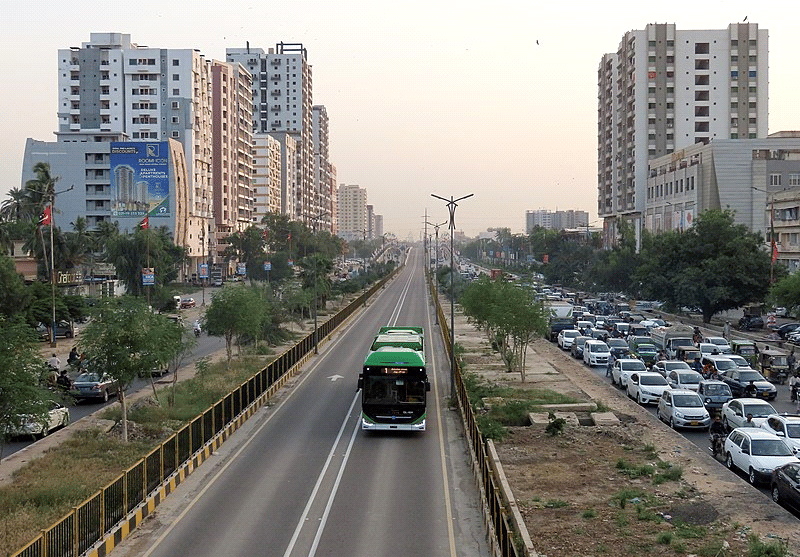

Waste Management and Recycling
Effective waste management remains a critical issue for Karachi. However, innovative solutions are being implemented to address this challenge. Organizations like GarbageCan and TrashIt have introduced recycling and waste segregation programs. These initiatives encourage households and businesses to separate their waste into recyclable and non-recyclable materials.
Moreover, the Sindh Solid Waste Management Board (SSWMB) has partnered with international firms to improve waste collection and processing. The establishment of recycling centers and the promotion of composting have started to change the way the city handles its waste, reducing landfill usage and promoting a circular economy.
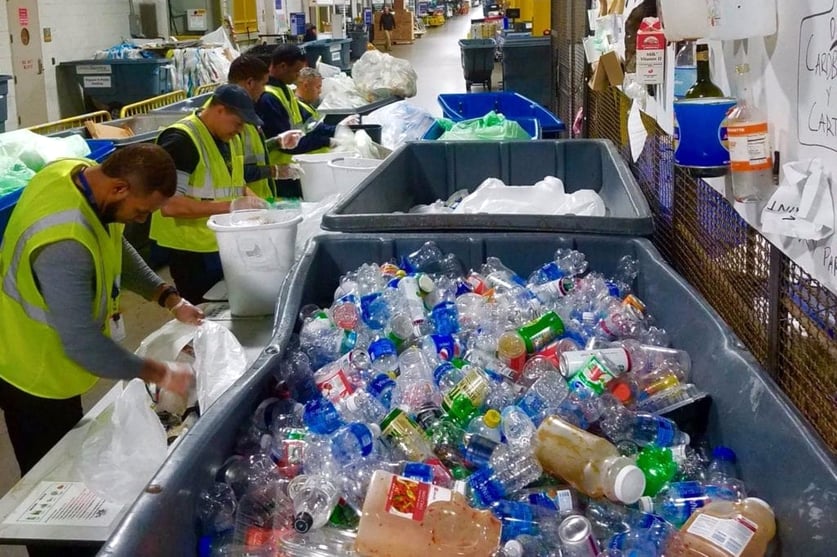

Community Engagement and Education
A crucial aspect of Karachi's sustainability journey is community engagement and education. Organizations like the World Wildlife Fund (WWF) Pakistan and The Citizens Foundation (TCF) conduct awareness campaigns and workshops to educate the public about environmental conservation and sustainable practices. Schools and universities are also integrating sustainability into their curricula, fostering a culture of environmental stewardship among the younger generation.
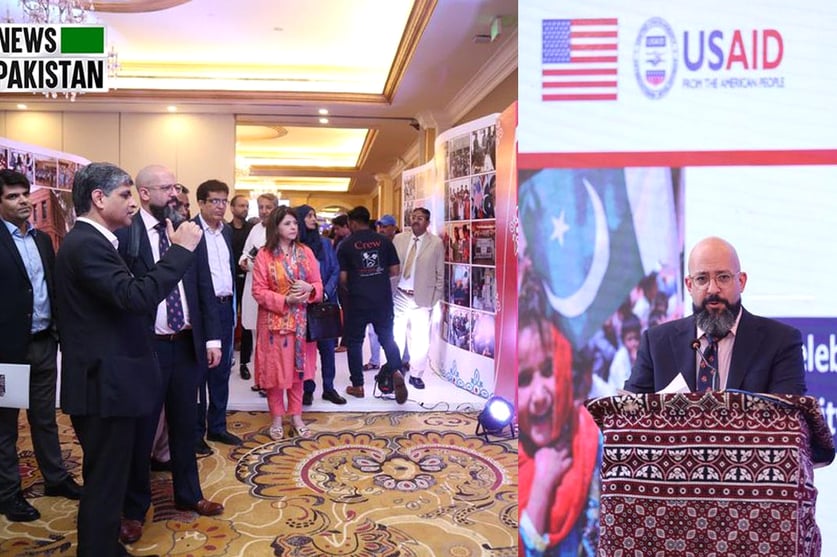

Challenges and Future Prospects
Despite these positive strides, Karachi faces significant challenges in its sustainability efforts. Issues such as bureaucratic hurdles, inconsistent enforcement of environmental regulations, and socio-economic disparities can hinder progress. However, the collaborative efforts of government bodies, private sector players, and civil society organizations offer hope for overcoming these obstacles.
The future of sustainability in Karachi hinges on continued innovation, robust policy frameworks, and active community participation. By maintaining momentum and scaling up successful initiatives, Karachi can set a benchmark for other cities in Pakistan and beyond.
In conclusion, Karachi's embrace of green practices is a testament to the city's resilience and forward-thinking attitude. From urban forestry to renewable energy and sustainable transportation, Karachi is steadily paving the way towards a more sustainable and livable future.
